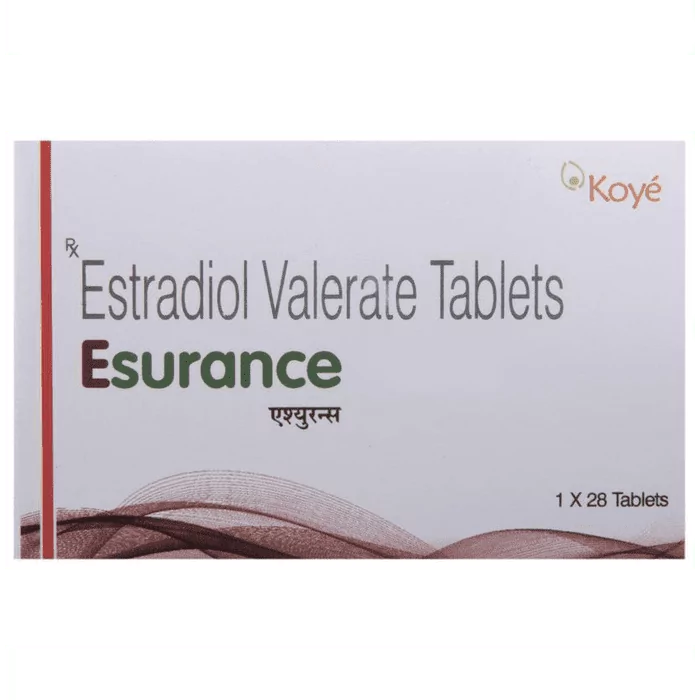Menopause is a transitional stage in women’s lives, marked by hormonal changes that can cause various symptoms.
Early Menopause, before age 40, is often misunderstood. Many believe it’s linked to an early death.
However, examining these beliefs and exploring the scientific evidence behind them is important.
This article aims to answer the question, “Does early Menopause mean early death?”
Understanding Early Menopause
Early Menopause is defined as the end of menstruation before age 45.
About 5% of women around the world experience early Menopause, and it can be either natural or induced.
An increased risk of cardiovascular illness, neurological disease, psychiatric disease, Osteoporosis, and other complications is experienced by women who go through early Menopause.
Various factors such as genetics, autoimmune disorders, surgery, and medical treatments like Chemotherapy can lead to early Menopause.
Diagnosis typically involves assessing symptoms and hormone levels.
Understanding the causes and implications of early Menopause is important for effective management and support for affected individuals.
Save up to 90% on your medicine bills

Progynova 2 mg

Oestrogel 2.5 gm / 1.5 mg

Estrabet 2 Tablet

Esurance Tablet
Does Early Menopause Mean Early Death
 Source: Valerii_Honcharuk
Source: Valerii_HoncharukWhile early Menopause itself is not directly linked to early death, it may be associated with certain health risks that could potentially impact life longevity.
According to a study, early Menopause is associated with a higher risk of cardiovascular disease mortality.
Furthermore, a study discovered that there is a small increase in all-cause mortality for those who go through early natural Menopause.
However, it’s important to note that the results across these studies could be more consistent. Further research is needed to better understand the relationship between early Menopause and mortality.
Management Options for Early Menopause
Management options for early Menopause focus on addressing symptoms and reducing long-term health risks.
Hormone Replacement Therapy (HRT) is a common approach to relieve symptoms like hot flashes and vaginal dryness.
Lifestyle modifications, such as regular exercise and a balanced diet rich in Calcium and Vitamin D, can help reduce the risk of Osteoporosis.
Regular health check-ups are essential to monitor cardiovascular health and bone density.
Psychological support and counseling may also be beneficial in coping with the emotional aspects of early Menopause.
Alternative therapies like acupuncture or herbal supplements are sometimes considered, although their effectiveness varies.
Ultimately, individualized management plans should be developed with doctors to optimize well-being and quality of life.
Conclusion
Menopause is the permanent end of menstruation, marking the end of the reproductive years in a woman.
Early Menopause occurs when menstruation stops before age 45.
Various factors, including genetics, autoimmune diseases, surgery, and medical treatments like Chemotherapy, can cause early Menopause.
So, Does early Menopause mean early death? No, early Menopause doesn’t necessarily result in a shorter lifespan.
Early Menopause raises the risk of cardiovascular, neurological, and psychiatric diseases as well as Osteoporosis.
Management options for early Menopause include Hormone Replacement Therapy (HRT), lifestyle modifications, regular health check-ups, psychological support, etc.

Frequently Asked Questions
Are any specific screenings or tests recommended for women experiencing early Menopause to monitor their health?
Yes, women experiencing early Menopause should undergo regular health screenings and tests to monitor their overall well-being.
These may include bone density scans for Osteoporosis, cholesterol checks for cardiovascular health, and regular pelvic exams to screen for gynecological conditions. Buy Now
What are the social and emotional implications of early Menopause, and how do they affect overall well-being and life expectancy?
Early Menopause can have significant social and emotional implications, impacting relationships, self-esteem, and mental health.
While it doesn’t directly affect life expectancy, the stress and emotional toll may influence overall well-being.
Support from doctors can help manage these challenges effectively. Buy Now
Can early Menopause impact fertility for women who desire to have children later in life?
Yes, early Menopause can significantly affect fertility and limit reproductive options for women who wish to conceive later.
As Menopause marks the end of reproductive capability, women experiencing it prematurely may face challenges in conceiving naturally.
They may require assisted reproductive technologies such as IVF for pregnancy. Buy Now
Are there any specific treatments recommended for women with early Menopause to improve their life expectancy?
No, there are no specific treatments solely targeting life expectancy in women with early Menopause.
However, managing associated health risks, like heart disease and Osteoporosis, through lifestyle changes, hormone therapy, and regular medical check-ups can improve overall well-being and extend life expectancy. Buy Now
What are the differences in life expectancy between women who experience early Menopause?
Women who experience early Menopause generally have a life expectancy similar to those who undergo Menopause at a later age.
While early Menopause may pose certain health risks, factors like lifestyle choices, access to healthcare, and genetics play significant roles in determining overall longevity. Buy Now
Cheap Medicine Shop only refers to credible, authoritative sources for our content. If you’re curious about how we ensure the integrity of our content, we encourage you to read our Content Information Policy.














